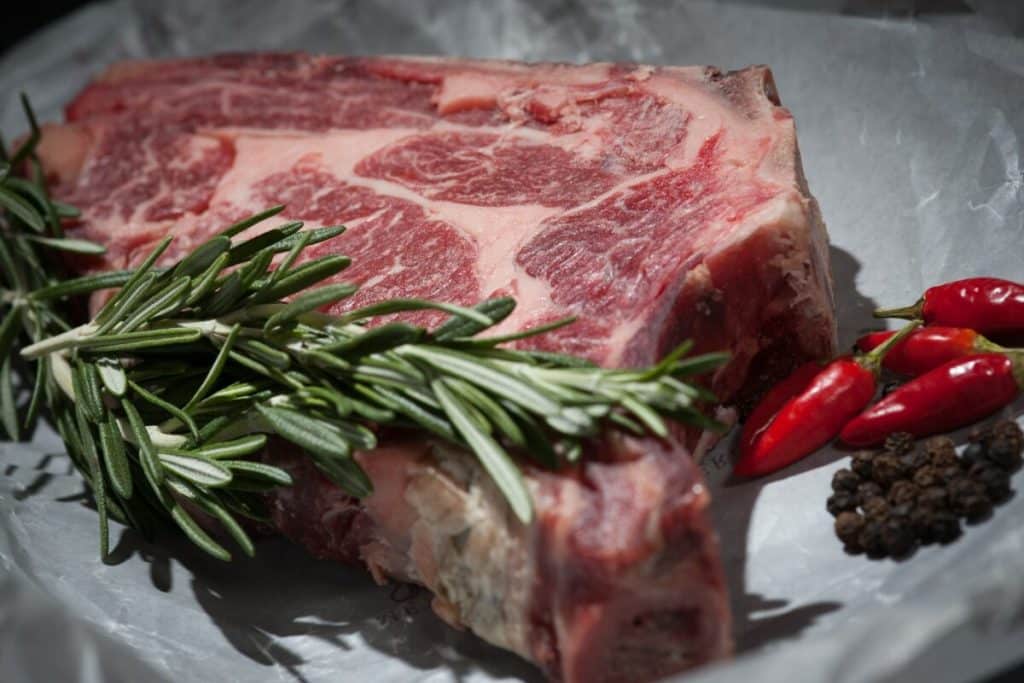Most people like to eat a well-done steak, and although red meat is an important source of iron and protein, consuming more can be linked to an increased risk of heart disease, high cholesterol and cancer. Moderate consumption of this type of meat will not harm you, but doctor Mike Bohl explains to Eatthis that this type of meat, regardless of the benefits and the fact that many people like red meat, is not for everyone.
Namely, there is another, not so beneficial side of red meat consumption, says Bohl. “When most people eat a steak, the body will absorb it and use it for what it needs, like building muscle and producing blood. But unfortunately, steak is also rich in saturated fat, and regular consumption of red meat is associated with high cholesterol, heart disease and cancer, especially colon cancer,” says Bohl.
Health problems related to the intestines
Although most foods are good to consume in moderation, steak can cause problems for people with sensitive stomachs as their sensitive digestion will have more trouble digesting red meat. “That’s because gastrointestinal issues make it difficult to digest red meat,” says Bohl.


Large amounts of fatty foods, such as steak and red meat, take longer to empty from the stomach. The first sign of this problem is bloating and discomfort, which are the result of excess toxins that accumulate in the digestive tract.
Allergy to red meat
“These are those who should never eat steak if they know they will have an allergic reaction in the short term,” explains Dr. Bohl.
Alpha-gal syndrome, which was discovered only a few years ago, is defined as a type of allergy to animal products, especially red meat. Although this type of allergy is very rare, symptoms such as itching, peeling skin, runny nose, headache, stomach pain, diarrhea, vomiting, and swelling of the lips, tongue, and throat appear within minutes of eating steak.
Diabetes
Steak and most red meat are high in saturated fat, Dr. Cedrina Calder explains to Eatthis, adding that this can accumulate LDL cholesterol and raise blood pressure. “People with diabetes have an increased risk of heart disease, so avoiding steak prevents further increases in their risk,” she says.
The American Diabetes Association advises that the patient should not consume more than 20 g of fat, and one steak can contain around 19 grams. If we know that diabetes increases the risk of high blood pressure, it is clear that we should not have it on our plate very often.
Family history of colon cancer
Eating red meat frequently can be harmful for those who carry certain genes, and steak or similar cuts of red meat have been linked to the development of several different cancers, especially colon cancer, says Dr. Calder, warning, “If you have a family history of colon cancer, it might be wise to avoid the steak.”
According to Harvard Health, people who eat 140 g of steak per day increase their risk of developing colon cancer by 28%. With that in mind, instead of steak, add foods like chicken or fish to your diet, writes the Health Center.
Track N1 via Android apps | iPhone/iPad and social networks Twitter | Facebook | Instagram.

